Overview
In ’21 Lessons for the 21st Century’, Yuval Noah Harari presents a compelling mosaic of the human condition, as viewed through the lens of today’s most pressing challenges. This book is not merely a read; it is an intellectual journey that offers a panoramic view of our contemporary world. Harari’s work stands as an important piece of critical review, dissecting the complexity of the 21st century with surgical precision.
Synopsis
Each chapter serves as a mirror, reflecting the multifaceted societal issues that define our era, namely chapter by chapter:
- Disillusionment: The end of the liberal story and the disillusionment that comes with the realisation that the liberal narrative may not solve all of our problems.
- Work: The challenges of a future where AI and automation may replace much of human labor, and the importance of adapting our understanding of work.
- Liberty: The impact of big data algorithms and the potential loss of individual freedom and political liberties.
- Equality: The growing inequality that could result from biotechnological and AI revolutions, and the possible creation of a ‘useless class’.
- Community: The importance of community in an age of individualism and the role it plays in our sense of identity.
- Civilisation: The concept of civilisation as a global identity and the tension between global and national interests.
- Nationalism: The potential benefits and dangers of nationalism and its role in the future of humanity.
- Religion: The relevance of religion and its place in the modern world, especially in the face of new ethical dilemmas.
- Immigration: The complex issues surrounding immigration and the need for a balance between global and local values.
- Terrorism: The psychological impact of terrorism and the disproportionate fear it generates compared to its actual threat.
- War: The changing nature of war in the 21st century and the increasing role of technology and information.
- Humility: The recognition of our ignorance and the importance of humility in the face of the unknown.
- God: The human tendency to create stories, including the story of God, to make sense of the world.
- Secularism: The principles of secularism and how they can help us navigate the challenges of the modern world.
- Ignorance: The danger of assuming we know more than we actually do, particularly in a complex world.
- Justice: The need to rethink our concepts of justice and fairness in a rapidly changing world.
- Post-Truth: The era of ‘post-truth’ and the political and social implications of this phenomenon.
- Science Fiction: The influence of science fiction on shaping our understanding of the future and the ethical questions it raises.
- Education: The need to adapt our education systems to prepare future generations for the world they will live in.
- Meaning: The search for meaning in a world where old stories have collapsed and new stories have yet to be written.
- Meditation: The role of meditation in gaining clarity and insight into the patterns of our own minds.
Why you should read it?
The “21 Lessons for the 21st Century’ is a crucial read for both the general public and philosophy experts because it addresses the most pressing issues of our time with clarity and depth. For the general reader, it demystifies complex topics such as technology, politics, and existential threats, making it an enlightening guide to understanding the forces shaping our world. The book’s broad spectrum of subjects, from artificial intelligence to the meaning of life, ensures that it touches upon concerns relevant to everyone, encouraging readers to reflect on their personal and collective future in the rapidly evolving 21st century.
For those with a background in philosophy, Harari’s work offers a rich tapestry of contemporary thought, blending historical analysis with ethical considerations. His exploration of philosophical themes is grounded in real-world implications, prompting experts to engage with philosophical discourse that is not just theoretical but also practical. Harari challenges readers to consider the philosophical underpinnings of modern society and the potential trajectories of human development, making ’21 Lessons for the 21st Century’ a significant contribution to philosophical literature and a compelling call to intellectual engagement in our current era.
Critics
Yuval Noah Harari’s ’21 Lessons for the 21st Century’ has been met with broad acclaim, solidifying his status as a contemporary intellectual force. Critics have lauded the book for its thought-provoking content, hailing it as a timely manual for understanding and navigating the complex challenges of today’s world. Harari’s ability to distill profound philosophical and historical insights into accessible narratives has been particularly appreciated. His exploration of topics ranging from war and meditation to the rise of authoritarianism and fake news has been praised for providing much-needed perspective in an age of rapid change and uncertainty.
Despite some criticisms regarding its sweeping statements and a preference for a more modest collection of essays, ’21 Lessons for the 21st Century’ has captured the imaginations of readers and critics. The book’s success is a testament to Harari’s brilliance, with even the skeptics acknowledging the engaging nature of his observations and the clarity with which he presents complex contemporary challenges.
Verdict
While not all aspects presented are unambiguous, the book’s strength is in its invitation to dialogue and reflection. It is a great reading for anyone who cares deeply about these issues and is willing to engage with the uncertainties and complexities that come with them. Therefore, ’21 Lessons for the 21st Century’ is a great compass for navigating the tumultuous waters of our age.
About the author
Yuval Noah Harari is a prominent historian and philosopher, whose works have sparked global conversations about humanity’s past, present, and future. Born in 1976 in Kiryat Ata, Israel, Harari pursued his passion for history at the Hebrew University of Jerusalem, earning his BA, and later received his PhD from Jesus College, Oxford, in 2002. He is known for his best-selling books ‘Sapiens: A Brief History of Humankind’, ‘Homo Deus: A Brief History of Tomorrow’ and ’21 Lessons for the 21st Century’, which have collectively sold over 45 million copies in 65 languages. Harari’s writings delve into themes of free will, consciousness, intelligence, and the potential futures of humanity as influenced by technological and biotechnological advancements.
Harari currently serves as a lecturer at the Department of History at the Hebrew University of Jerusalem and is a Distinguished Research Fellow at the University of Cambridge’s Centre for the Study of Existential Risk. His unique perspective on Big History and social philosophy has made him one of the world’s most influential public intellectuals today. In addition to his academic pursuits, Harari co-founded Sapienship with his husband, Itzik Yahav, a social impact company focusing on education and storytelling to address global challenges.
@harari_yuval #21_lessons #21lessonsbook #21_lessons #21lessons #21lessonsforthe21stcentury #yuvalnoahharari #yuvalharari #mustread #kindle #bookboost #amazon #ebook #book #bookworms #bestseller #library


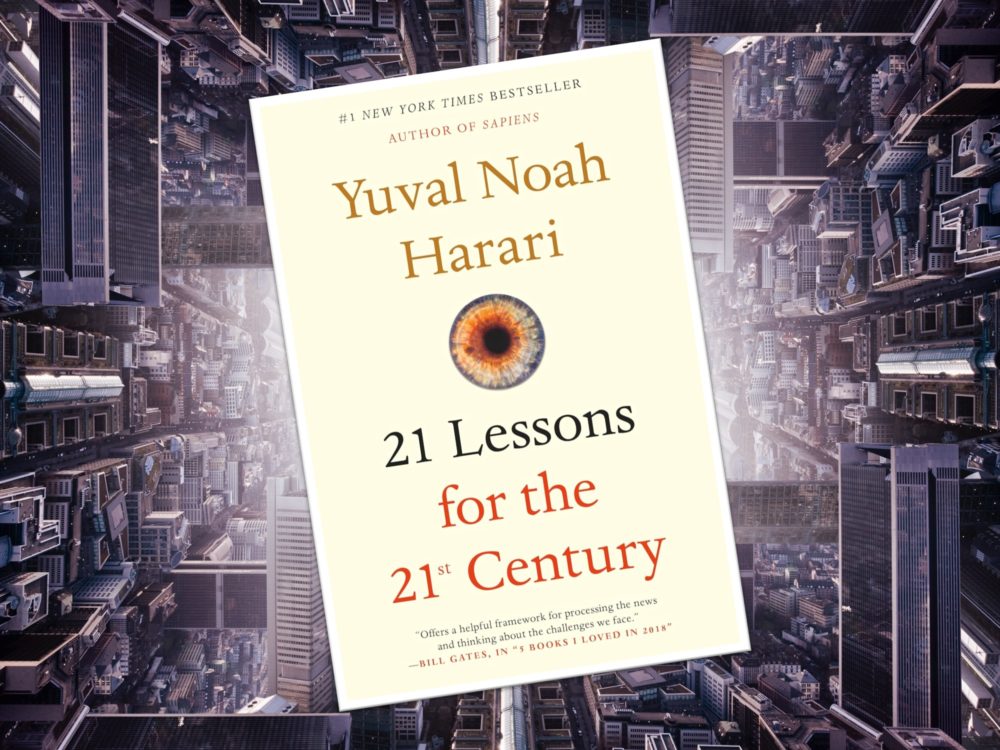
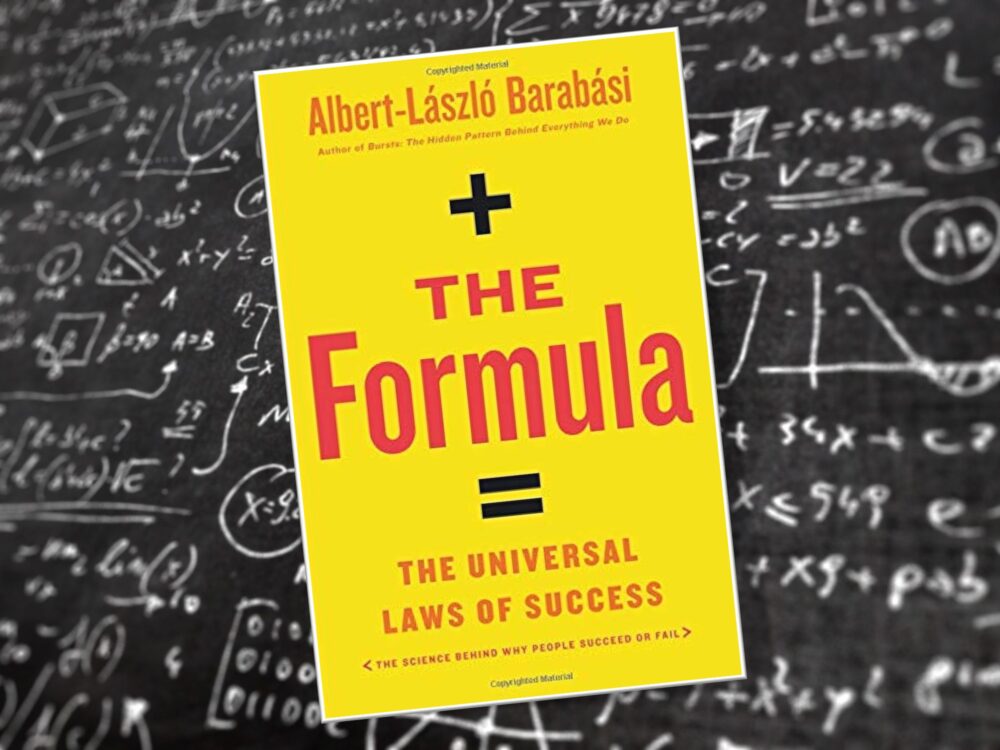
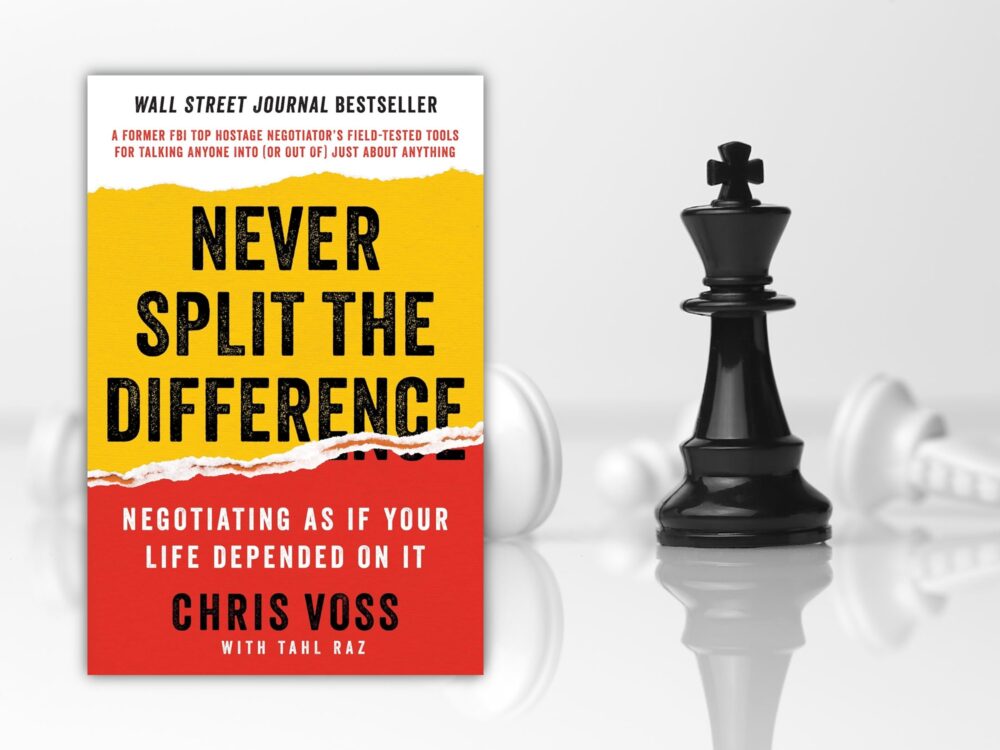
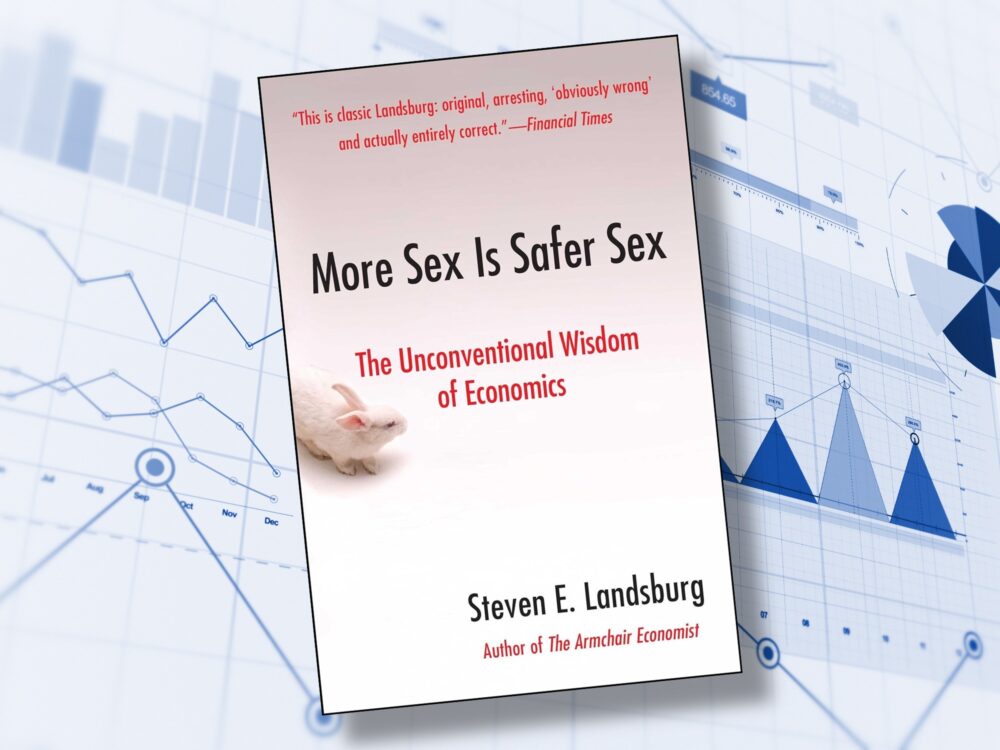

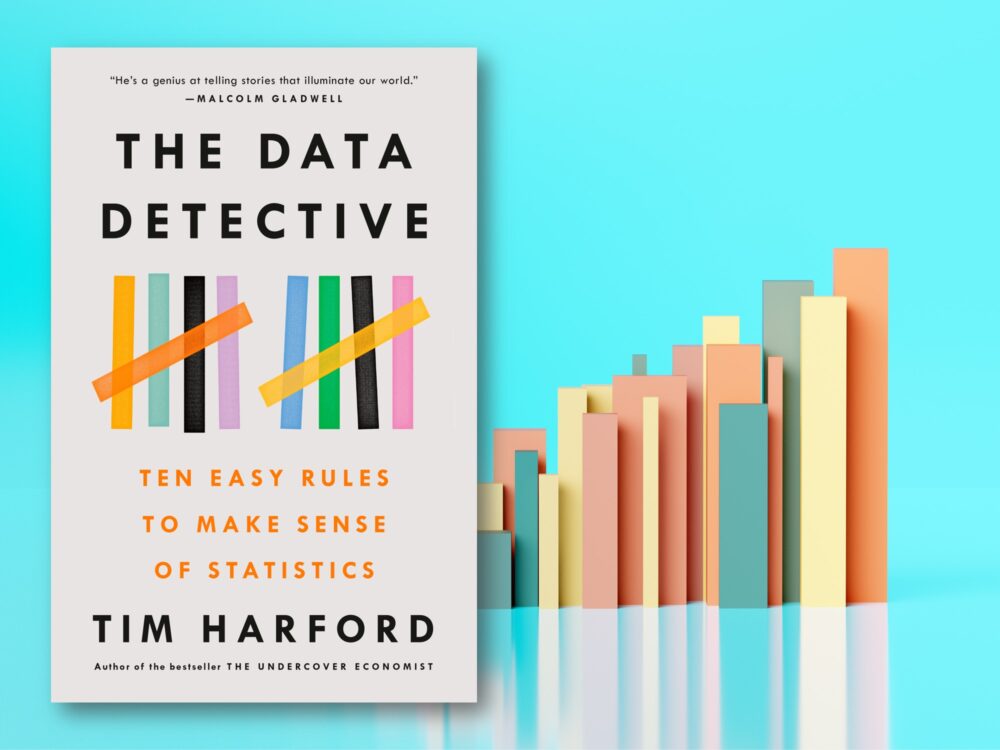

Leave a Reply